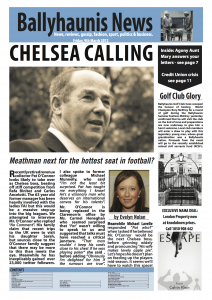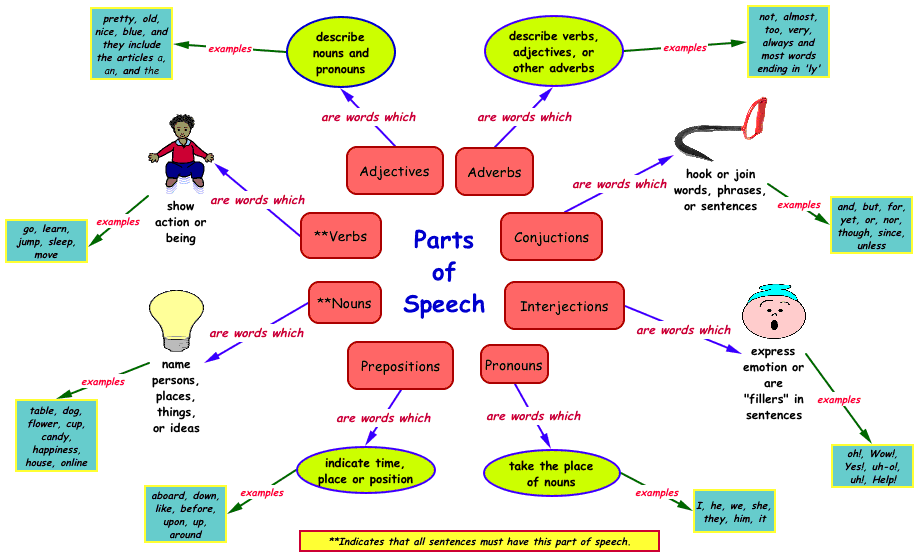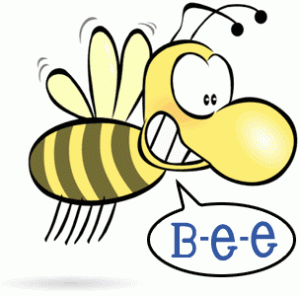This article first appeared in the Irish Independent Written Word Supplement on Monday 26th January, 2015. 
It’s all the rage you know! Turn your learning into a game and suddenly it doesn’t seem so tedious anymore. But how can games help develop your language skills, creativity and imagination?
Board Games
Scrabble is the obvious one, but at the risk of being ex-communicated from the English teaching fraternity, I’ll admit that I don’t like it!
So what do I play instead?
Articulate requires quick thinking, accuracy and to do exactly as the Mad Hatter requests in Alice in Wonderland – “say what you mean and mean what you say!”
30 seconds is a fun Irish variation with homegrown prompts. You’ve got that much time to get your partner to guess all five words on the card in your hand!
Absolute Balderdash meanwhile asks you to invent the meaning of words, the plot of movies and obscure bizarrre laws. If you can convince your opponents that your answer is the real one (and the real answers are always a case of the truth being stranger than fiction!) you get the points! This game requires wit, wisdom, absurdity and a vivid, if twisted imagination!
Spoof News
There are some fantastic satirical news sites on the web right now, the best of the Irish ones being waterfordwhispersnews and thepotato.ie. Spoof news articles also make great gifts for loved ones if you’re feeling cheap and cheeky. Above you can see one I made for my Dad when he retired…
Thesaurus Time
My 6 year old recently discovered a pocket sized thesaurus on our bookshelf.
She thought it was the coolest book ever (there is no saving this child!) and instantly invented a game where she’d read out a word and test myself and her Dad on how many of the other words listed we could come up with!
I am completely rubbish at this game. As soon as she calls out a word (“betray” “neutral”) my brain goes blank. But I can see how practice is improving my instant-synonym-generating skills already. And that’s a skill you definitely need in an exam! Meanwhile, in real life? You’ll probably just consult a thesaurus… although that might be a bit awkward in a job interview!
Grammar Games
I hate those ‘which Friends character are you?’ quizzes which clog up my facebook timeline.
But the one quiz I cannot resist is the ‘How good is your grammar?’ quiz. I recently took the same quiz three times until I got ALL of the grammar questions right. 89% just wasn’t good enough. Google grammar quiz when you really have nothing else to do (or desperately want to tick off ‘study English’ from your to do list) and endless results will come up…
Dubbing
I’m not sure if I should admit this in a public forum, much less advocate it, but when I was in school we’d occasionally sit in the assembly area and over-dub the conversations the teachers were having with each other in the distance.
We were convinced they had no lives outside the school gates so we always imagined they were discussing chronically boring topics like the weather and the traffic or else us, the students.
It wasn’t until I saw this over-dubbing being done on comedy quiz shows like X that I realised we’d been engaging in tried and tested improv techniques.
Try it sometime by muting the sound on the telly and filling in the gaps with a mate.
Don’t try this in the cinema. People will hiss at you.
Don’t try this in school. It got us in some trouble as I recall…
Reverse pictionary
Pictionary works on the principle that you draw something and your team-mate guesses what it is. But we’re here to develop descriptive writing skills, so instead, take a random photo, don’t show it to anyone, then write a detailed factual description of what’s in the photo. Not you ask your friend to draw the photo as accurately as they can from just your written description. The more accurate their drawing (and stick men are perfectly acceptable here!) the more detailed and accurate your description. This really helps you to develop your observational skills when it comes to reading and responding to visual images.







